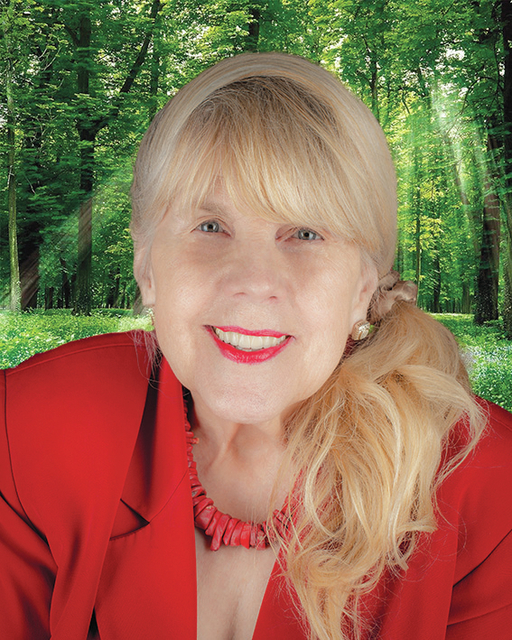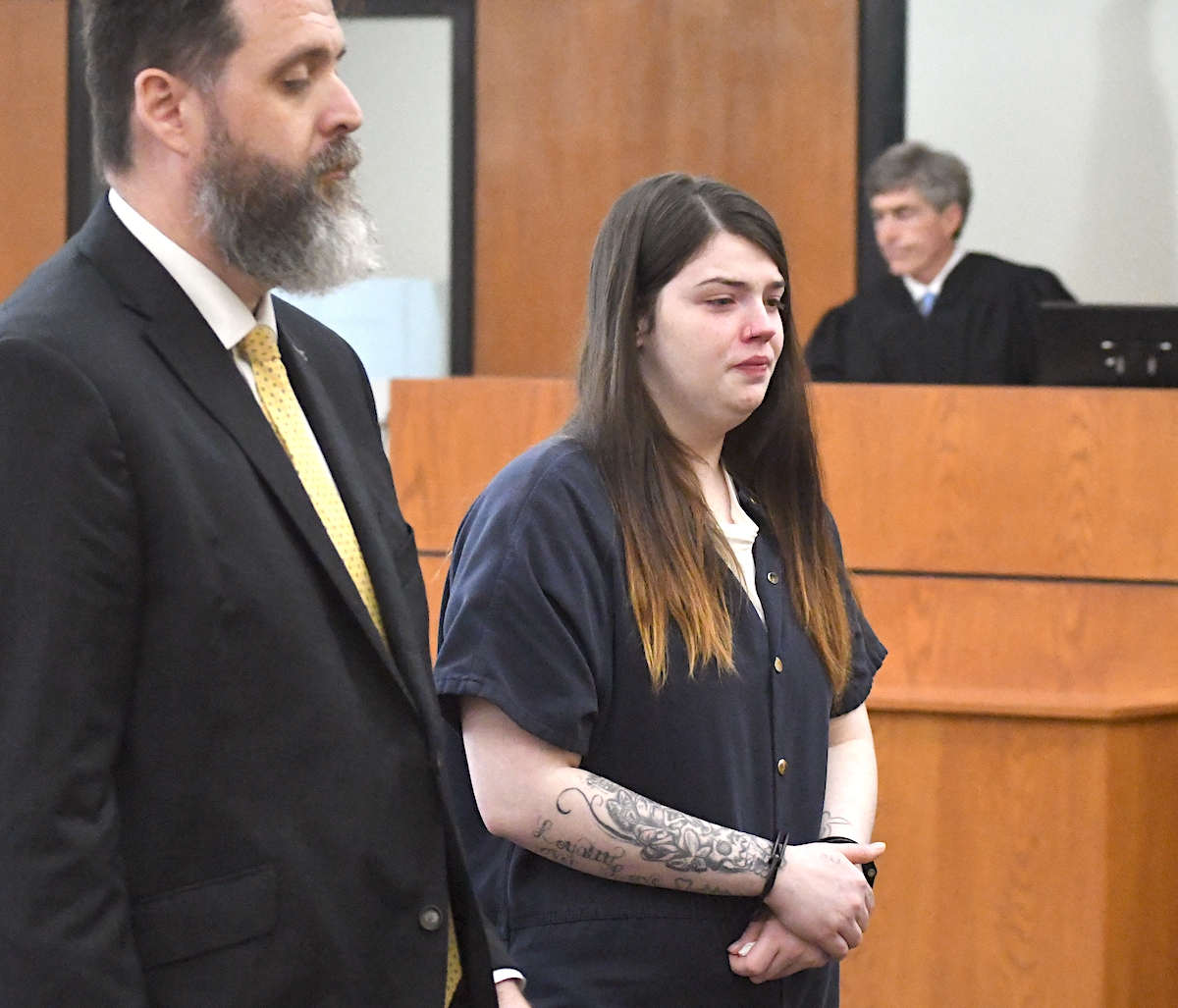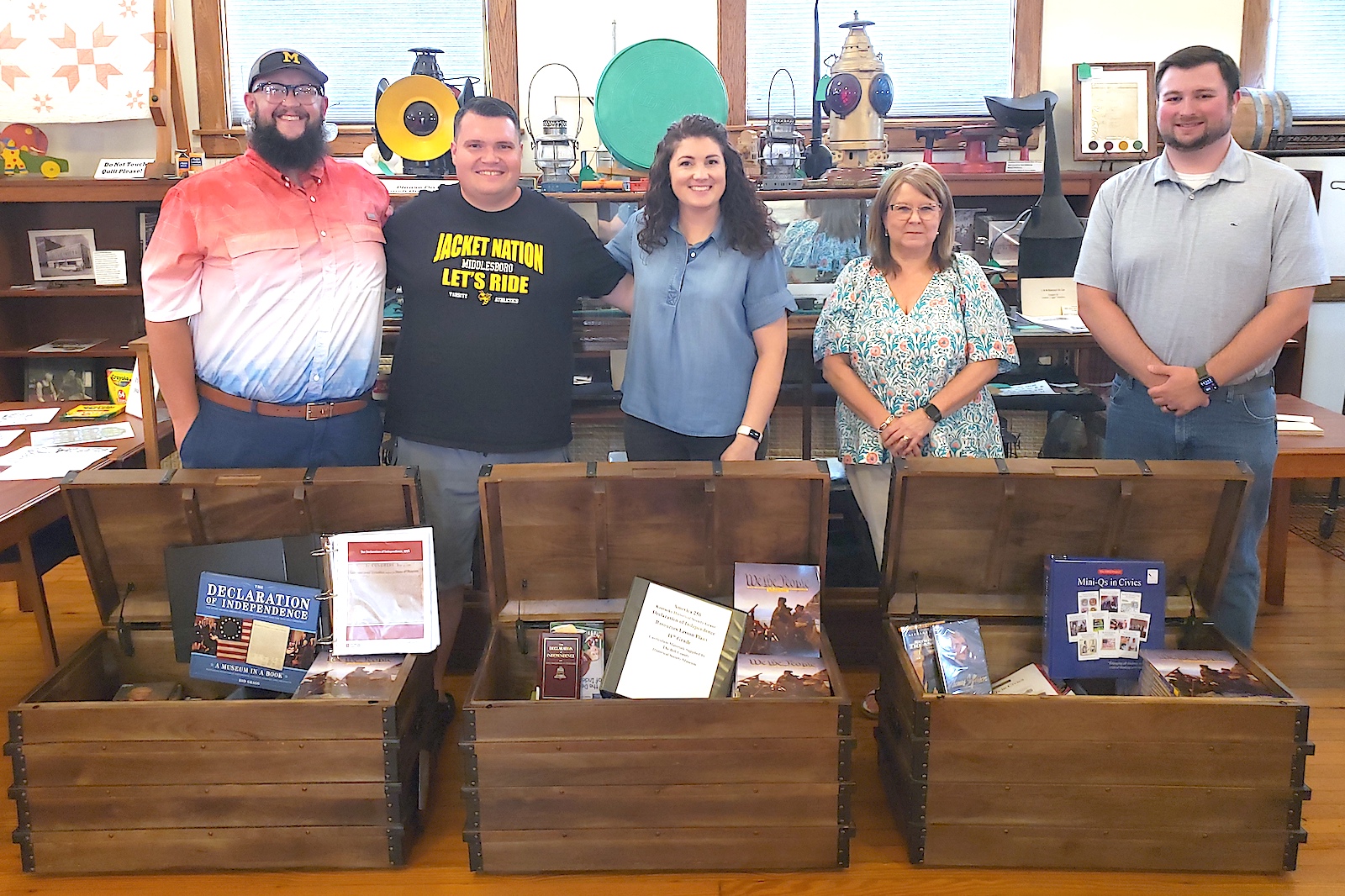Working for the Lord in Costa Rica
Published 6:01 am Saturday, March 9, 2019
Most of those who read my column work: Paid employment, volunteer work, tasks around the house and yardwork, if left undone, would create serious problems. Some of us juggle all three types of work.
By Dr. Vivian Blevins
Columnist
Trending
I pick up the March 11 issue of Time, and I ignore the cover caption “15 People Changing Comedy.” Frankly, I’m not focused on comedy now as Korea seems to take precedence over everything. Regularly, I talk to Weldon Oakley, a fellow Kentuckian from Sidney, Ohio, who was at the Chosin Reservoir building pontoon bridges — almost lost his life as the Chinese came down by the thousands and trapped his escape route.
I also think of my friend Ben Hiser, who maintains that the horrors we see in the MASH episodes are very realistic. He should know as he was a medic at Wonju and Kumwha during the Korean War.
Time magazine provides photos of a shoe, an unmailed letter, a helmet and a file box numbered 2018-263, and the writer indicates, “The remains provide a glimpse into the unrelenting horror that defined the Korean War.”
Recently, I became acquainted with Calvin Brown, a native of Hamilton, Ohio, who comes from a family of ministers and who joined the U.S. Army at age 18 after high school to travel the world, to explore the unknown. One of his assignments was at the DMZ in Korea in 1984.
As any of us who pay attention to the news know, there are drills there. Calvin’s wife, pregnant with their first child, was visiting him at a base relatively close to the line. He had told her repeatedly, “When the North Koreans start their drills coming down to the DMZ, everybody is on alert. Expect sirens and movement with soldiers running toward the line. It will be loud, chaotic.”
His young wife, a California girl, was in town shopping the first time it happened after her arrival in country. She was terrified and stopped a soldier to ask what was happening. Her fears resulted in her going into early labor and having a miscarriage, losing the baby there on South Korean soil.
Trending
Calvin says, “We were to have other children, but losing our first child that day in Korea without the support of family was harsh, ugly. At the time, we had no knowledge that we would ever have another, but the Lord, however, has blessed us since with a daughter and then twins, a boy and a girl.”
Later Calvin was deployed to Central America for jungle war training at Ft. Sherman in the Panama Canal Zone where, “Jungle war training gave me respect for those who served in Vietnam. The terrain was treacherous, and I began to empathize with what they experienced.”
A second insight came to Calvin in that location, “I saw poverty, something I had never seen on the streets of Hamilton, Ohio, something I had only seen on television. In the town of Cologne were little children, skinny, malnourished, raggedly clothes, begging. I saw real poverty. I thought initially that I could shrug it off, that it wasn’t going to affect me the way it has. But I can’t.”
Calvin is drawn to a mission his church sponsors in Costa Rica where he reports, “One day in my work there, I found myself in a little shack where 15 people were living. As we were talking through an interpreter, a little girl, age 8 or 9, leaned back against a small window of the shack and said in a quiet voice, ‘As long as you have God, nothing else matters.”
He knows, however, that he is called by God to assist, to do more as assistant pastor at the Miracle Temple Apostolic Church in Richmond, California.
The District Elder of the church, Marc Gandy, reports, “In this very special project, Calvin has taken the ball and run with it and has been highly instrumental in the success of the initiative: had tracks printed in Spanish, shipped supplies of food and stuff down ahead of time, coordinated scheduling of church business and outreach, and delivered Bibles in Spanish. The people there have developed a great fondness for him and sing his praises.”
Calvin indicates, “My wife tells me that she’s not moving to Costa Rica, but I have work to do there. It’s a spiritual perspective. I’m drawn to it; I’m supposed to be making a greater impact. I can’t get Costa Rica out of my system, my love for the people. I know I can’t help every little town, but I’m doing what I can in the time the Lord has allowed me. Sometimes Costa Rica seems to draw the best out of me that I have to give.”
Yes, the army gave Calvin Brown a view of the world with its complexities, its injustices, and showed him a niche made just for him. I fully expect, as does Calvin, that when his time is up on this earth, the Lord will say, “Well done, thy good and faithful servant.”
Dr. Vivian Blevins is a Harlan County native. She has taught undergraduate and graduate students as well as prison inmates, and now teaches communication and American literature classes at Edison State Community College in Ohio. Reach her at vbblevins@woh.rr.com.







